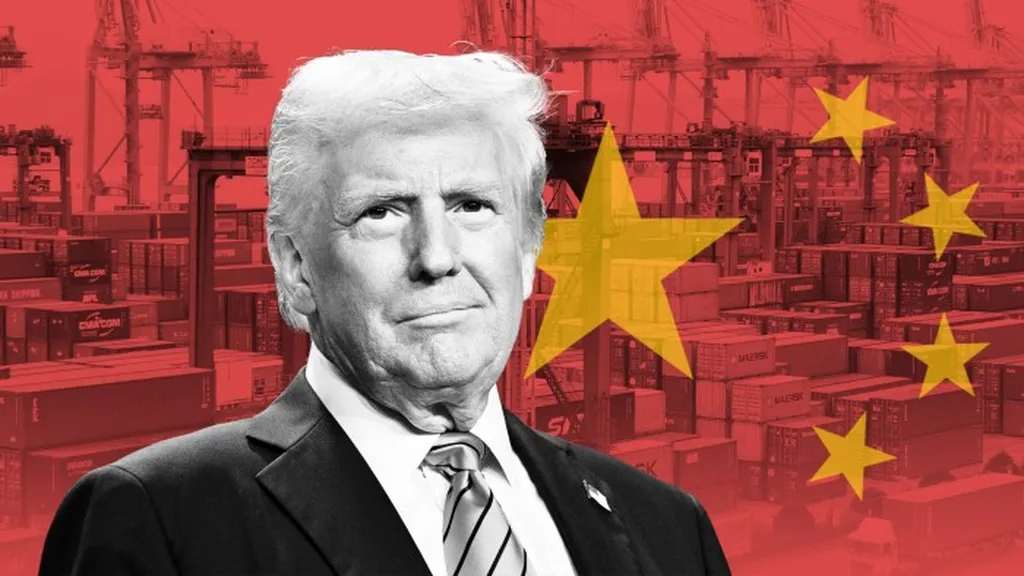Agriculture and tourism will dominate discussions at next week’s Australia-Fiji Business Council on the Gold Coast, as the Pacific nation seeks to deepen economic ties with its largest trading partner. The event, widely regarded as the most significant bilateral trade and investment dialogue between the two countries, will see a high-level Fijian delegation in attendance, including Deputy Prime Ministers Dr. Biman Prasad (Finance) and Manoa Kamikamica (Trade and Commerce), alongside Agriculture Minister Tomasi Tunabuna.
The presence of these key figures underscores Fiji’s push to expand its agricultural sector, which has gained fresh momentum following the entry of Sri Lankan conglomerate Aitken Spence PLC. While the company already manages Fiji’s ports, its recent foray into commercial farming signals a broader ambition to modernise the sector. According to Investment Fiji, the initiative aims to leverage Sri Lanka’s plantation expertise to introduce sustainable agro-technology, bolster local food security, and enhance export capabilities. With Fiji just a five-hour flight from Australia’s eastern seaboard, successful agricultural ventures could significantly boost the island nation’s economy—particularly if they tap into growing demand for high-quality produce in Australian and Asian markets.
Industry observers note that Fiji’s agricultural potential is drawing interest beyond Sri Lankan investors. Reports suggest Chinese firms are establishing large-scale, warehouse-based farming operations in Fiji, positioning the country as a key supplier of fresh fruit and vegetables. Given the existing biosecurity and quarantine cooperation between Fiji and Australia, there is scope for expanded trade in this area, provided regulatory hurdles are addressed.
Tourism, Fiji’s economic cornerstone, will also be a focal point. Australian visitors contribute up to FJD$1.5 billion annually, and with labour shortages in remote Australian towns, there are growing opportunities for Fijian workers in the sector. Labour mobility is expected to feature prominently in discussions, as Fiji seeks to formalise pathways for its skilled workforce while ensuring its own tourism industry—still recovering from pandemic disruptions—remains competitive.
For Deputy Prime Minister Kamikamica, the event presents an opportunity to reinforce Fiji’s reputation as a stable, business-friendly economy. His agenda will likely emphasise the government’s commitment to rural development, job creation, and connecting smallholder farmers to new markets through technology and trade partnerships. With both agriculture and tourism poised for growth, the council’s outcomes could shape Fiji’s economic trajectory in the years ahead.

